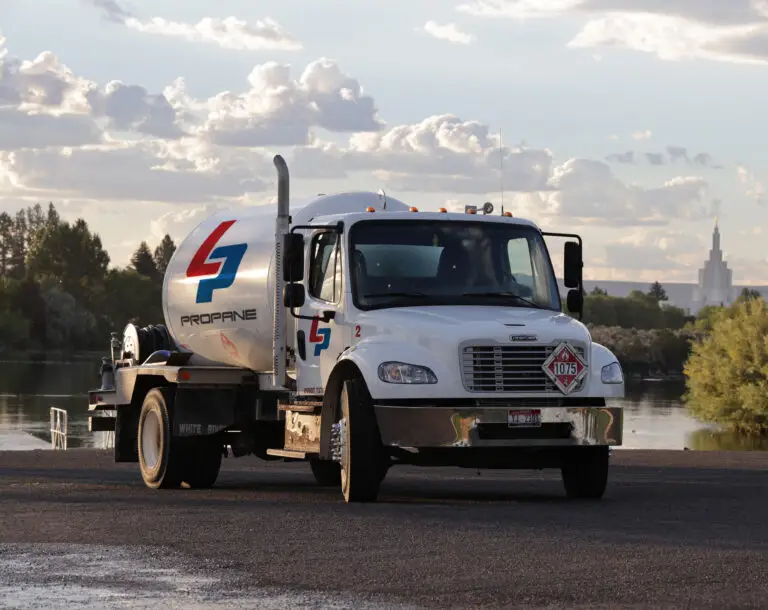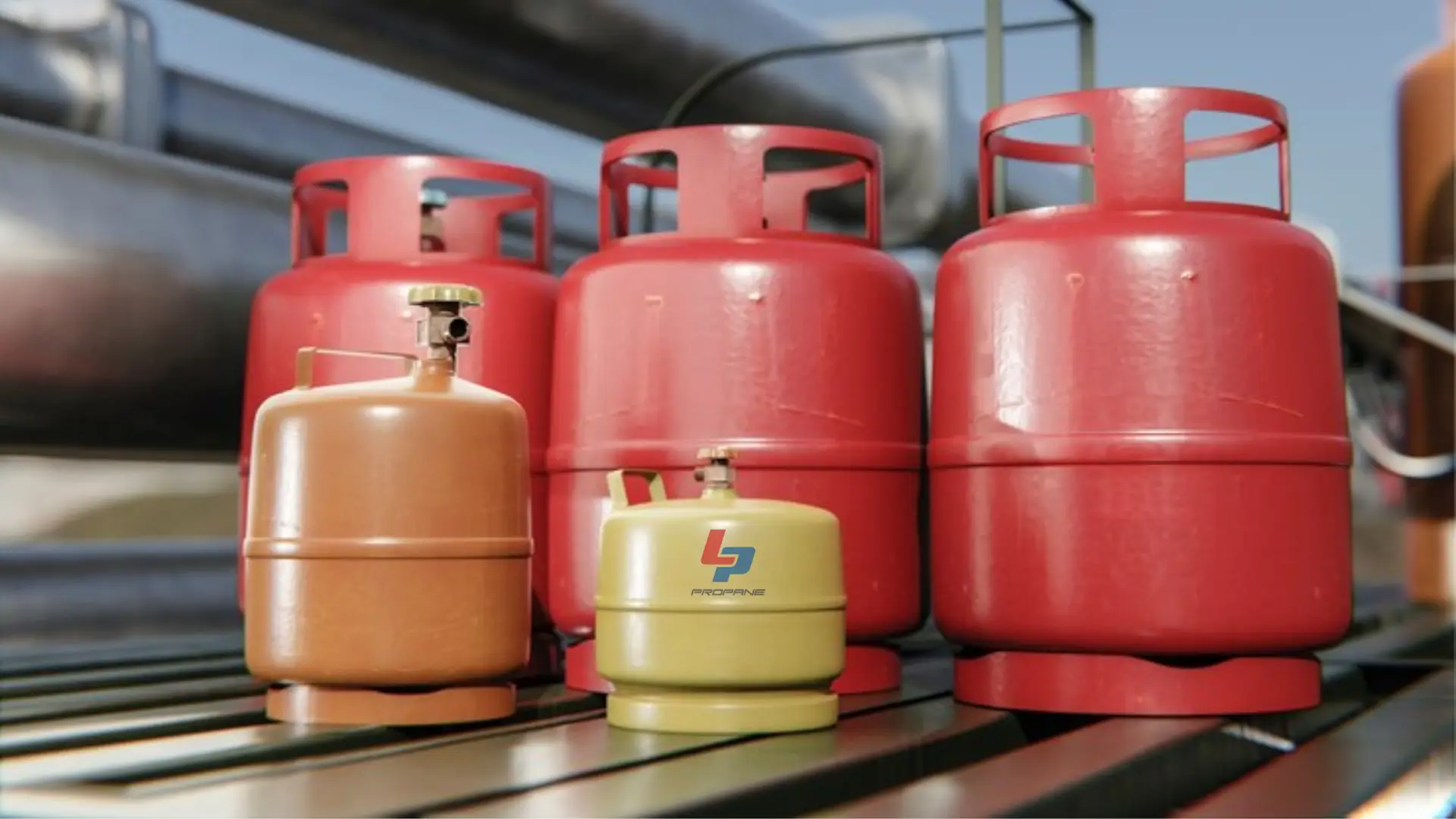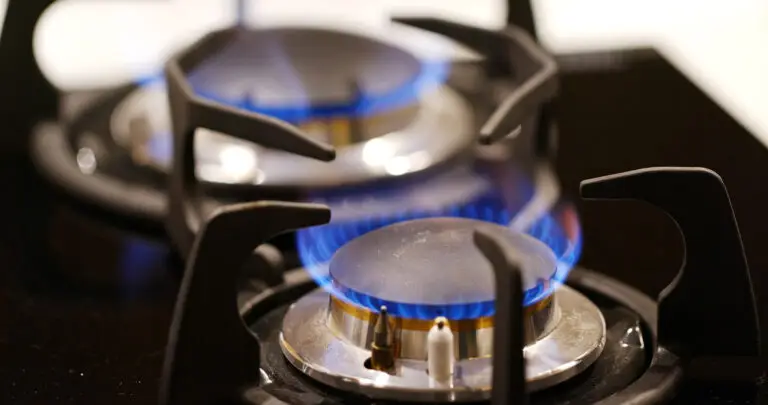
How to Negotiate a Propane Contract: Fixed vs. Market Rate Plans
How to Negotiate a Propane Contract: Fixed vs. Market Rate Plans If you’ve ever opened a propane bill on a cold morning and felt that sinking feeling in your stomach, you already know how unpredictable energy costs can be. Some

